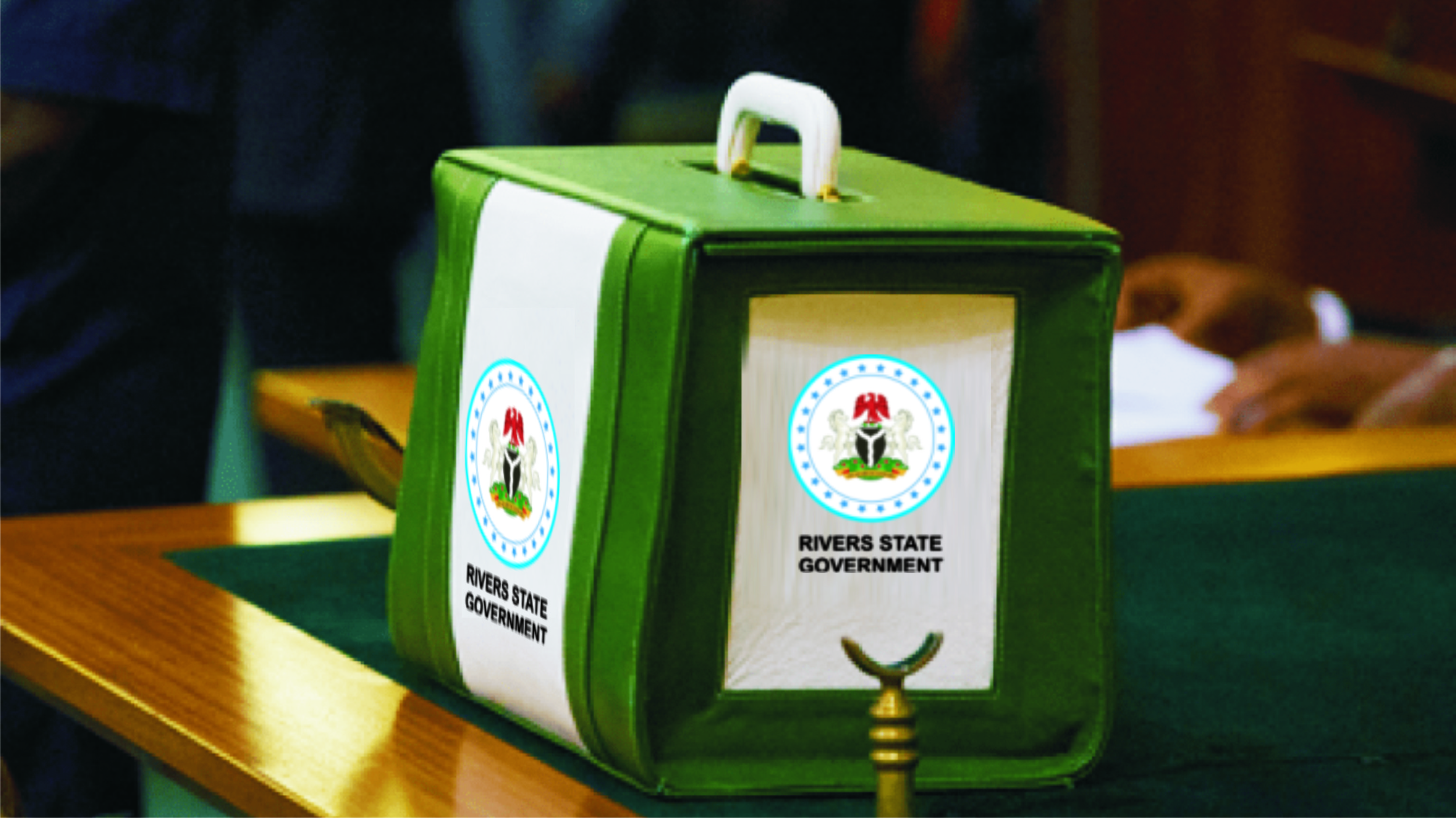Editorial
Aligning Budgets To Nigerians’ Needs

President Muhammadu Buhari signed the 2021 federal budget of N13.08 trillion into law on
Thursday, December 31, 2020. Tagged the “Budget of Economic Recovery and Resilience”, it comprises a capital expenditure of N4,125,149,354,222 trillion and recurrent expenditure of N5,641,970,060,680 trillion, statutory transfer of N496,528,471,273 billion, N3.324 trillion for debt servicing, supplementary capital allocation of N1,060,751,051,650 trillion, and Gross Domestic Product (GDP) growth rate of 3.00 per cent.
Budgets globally aim to have a guide on revenue generation and spending to prevent confusion. Every arm, tier, and agency of government formulates its budget for the fiscal year and they are not expected to spend above the approved limits. But oftentimes that is not the case in Nigeria as some agencies expend unapproved monies with impunity.
Following the presidential assent to the 2021 budget, many concerns are expressed as to whether the budget addresses the people’s necessities and how the document can be correctly implemented in line with the existing fiscal and monetary laws.
The executive and legislative arms of government have always produced yearly Appropriation Acts. But successive budgets for several decades have not been implemented satisfactorily. Consequently, administration after administration has been unable to realise the grand objectives of the serial economic plans.
Regrettably, our national budgets are not aligned with the country’s development goals. With the demise of national development planning, budgets are prepared without plan or strategic framework. It is like building a huge edifice without an architectural drawing. That is why government’s promises cannot be actualised because there is no effective budget policy.
It might be necessary, at this juncture, to ask: how far have budgets gone to alleviate some of the endemic problems in Nigeria? We do not just mean the federal budget but all the state budgets put together. Every year, 38 budgets are rolled out including those of the federal government, 36 states and the Federal Capital Territory (FCT), Abuja.
To what extent have budgets ameliorated the problem of poor electricity, water supply, health care, education, dilapidated roads, unemployment, insecurity, etc? Are Nigerians faring better now compared with last year when the budget was passed? What systematic changes have occurred? What periodic solutions have been provided or on-going? What difference has occurred in the life of an average Nigerian?
This is even more worrisome when the citizens are rarely and inadequately consulted or engaged in budget planning, implementation, monitoring, and evaluation. In most cases, the national and state budgets do not adequately reflect the expectations and aspirations of the citizens.
This situation mainly exists because the budgeting process in Nigeria is faulty. It is split only between the legislative and the executive. The processes are not open and active participation is not encouraged. Most access to information and civic participation at best occurs at the seldom held public hearing stage in the House of Representatives and the Senate.
At the planning stages of our budgets, Civil Society Organisations (CSOs) and traditional rulers being representatives of the people ought to be enabled or encouraged to communicate their needs and concerns to the government and possibly contribute to the Medium-Term Revenue Framework and the Medium-Term Expenditure Framework (MTEF), or even the draft budget.
Citizen participation in budget hearings is significant. It can be done through involvement and advocating for more public hearings on a budget in the National Assembly. These and others are ways to sustain and improve access to information and civic pursuit in the different phases of budget preparations.
The failure of budgets across the country is heart-breaking. That is why pessimists call budgeting in the country annual ritual. That has been the case since 1999 when the present democratic dispensation began and it was thought that the era of military impunity was over. Indeed, our rogue budgets are merely rituals; they seem not to be made to change anything.
And really, how can there be change when on average, every year, 70 per cent of our budgets go for recurrent expenditure while only 30 per cent is for capital expenditure. How can an underdeveloped country like Nigeria develop when only a fraction of the annual budgets is put for capital projects?
Faced with corruption, neither the recurrent budget nor the capital spending achieves its target. The inability of many state governments to pay salaries, pension benefits and other entitlements to workers underscores the failure of recurrent expenditure. Sadly enough, the Federal Government is gradually contracting the disease and is no longer able to pay workers’ salaries promptly.
There seems to be no law that compels governments to account for the previous budget before announcing a new one. As a way out, there is a need for such a law, at all levels, to make public, at the end of each financial year, the performance of the previous year’s budget; what was achieved and what is left, which would form the basis for making a new budget.
Beyond the usual pomp that characterises budget signings in our country, we hope that President Muhammadu Buhari’s 2021 budget, unlike previous appropriations, will operate within standard budget parameters to attain its broad objectives of meeting policy goals and development needs of Nigerians.
Editorial
As NDG Ends Season 2

Editorial
Beginning A New Dawn At RSNC

Editorial
Sustaining OBALGA’s Ban On Street Trading

-
Maritime4 days ago
Nigeria To Pilot Regional Fishing Vessels Register In Gulf Of Guinea —Oyetola
-

 Sports4 days ago
Sports4 days agoGombe-Gara Rejects Chelle $130,000 monthly salary
-
Maritime4 days ago
Customs Declares War Against Narcotics Baron At Idiroko Border
-

 Sports4 days ago
Sports4 days agoTEAM RIVERS SET TO WIN 4×400 ” MORROW” …Wins Triple jump Silver
-
Maritime4 days ago
NIMASA,NAF Boost Unmanned Aerial Surveillance For Maritime Security
-

 Sports4 days ago
Sports4 days agoNPFL Drops To 91st In Global League Rankings
-

 Sports4 days ago
Sports4 days agoNIGER DELTA GAMES PANACEA TO YOUTH DEV”
-

 Sports4 days ago
Sports4 days agoNPFL Impose Fines On Kwara United Over Fans Misconduct

